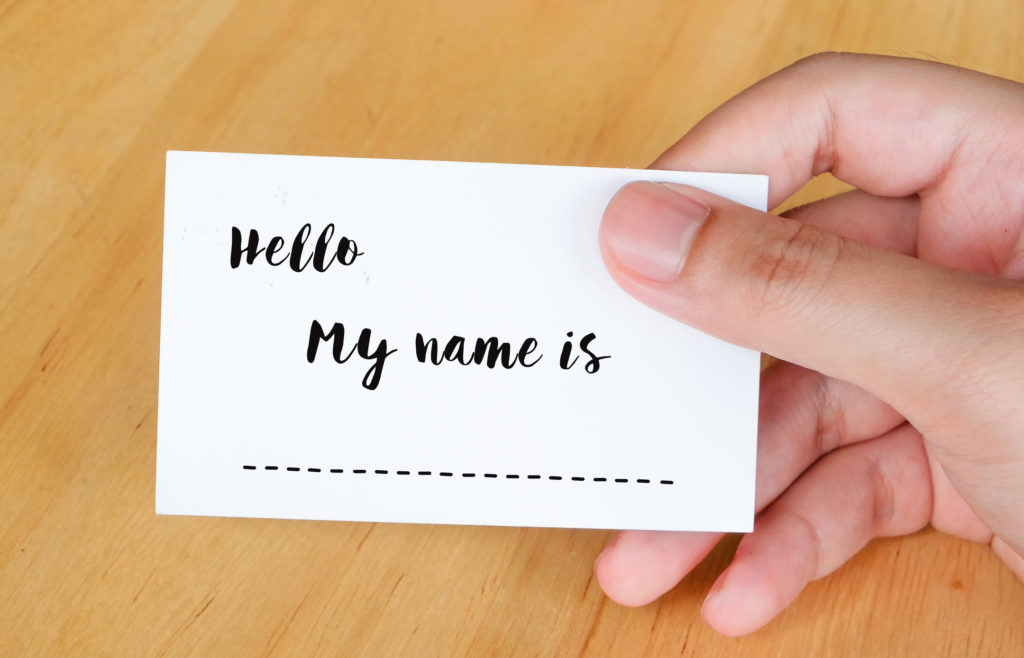
Who can change their name, when can they change it, and how is it done?
Who can change their name?
Any person over the age of 16.
When can I change my name?
You can change your name at any time. Many people chose to take their spouse’s name when they get married, and similarly, when they divorce, often people want to revert back to their maiden name.
How do I change my name?
You simply choose a forename or surname and start using it. However, complications and problems arise when you are asked to provide evidence of your name. Banks, building societies, mortgage lenders, the DVLA and the passport office are just a few of the organisations who will require evidence of a change of name.
What evidence is required?
The formal document required is called a Change of Name Deed. This is the legal deed which renounces and abandons your old name and records your new name so that from the date of the deed, you will be known formally by your new name.
What happens when I get married or enter into a civil partnership?
A Change of Name Deed is not necessary if you want to take your partner’s name after getting married or entering into a civil partnership. You simply send a copy of your marriage or civil partnership certificate direct to the relevant institution. However, if you want to double-barrel your surname, you will need to contact us to arrange for a Change of Name deed to be dealt with.
What happens when I get divorce or end a civil partnership?
Once you have divorced or ended a civil partnership you may be able to change back to your maiden or previous name by providing a copy of your Decree Absolute or certificate of dissolution. However, many organisations will not accept a change of name without a Change of Name Deed as evidence.
What about children?
Changes of name are not limited to adults. Where a parent remarries or in circumstances where a child has been bought up by a step-parent, they may wish to use a new name. There may however be complications where a parent is seeking to change a child’s name without the other parent’s consent. You should seek advice from a solicitor if this is the case.
Statutory Declarations
The passport office will often require a Statutory Declaration document if a Change of Name Deed has been lost or there are unusual circumstances relating to one of more changes of name. This is also something we can deal with.
How can we help you?
When dealing with your Change of Name deed we will offer the following as a complete package;
- an initial telephone consultation and short meeting
- drafting of the Change of Name Deed
- a follow up meeting to sign, finalise and witness documentation
- provision of certified copies for you to take away
- storage of the original deed in our secure archive strong-room at the office
Should you require more copies or the original document, simply telephone us and we can arrange this for you.
